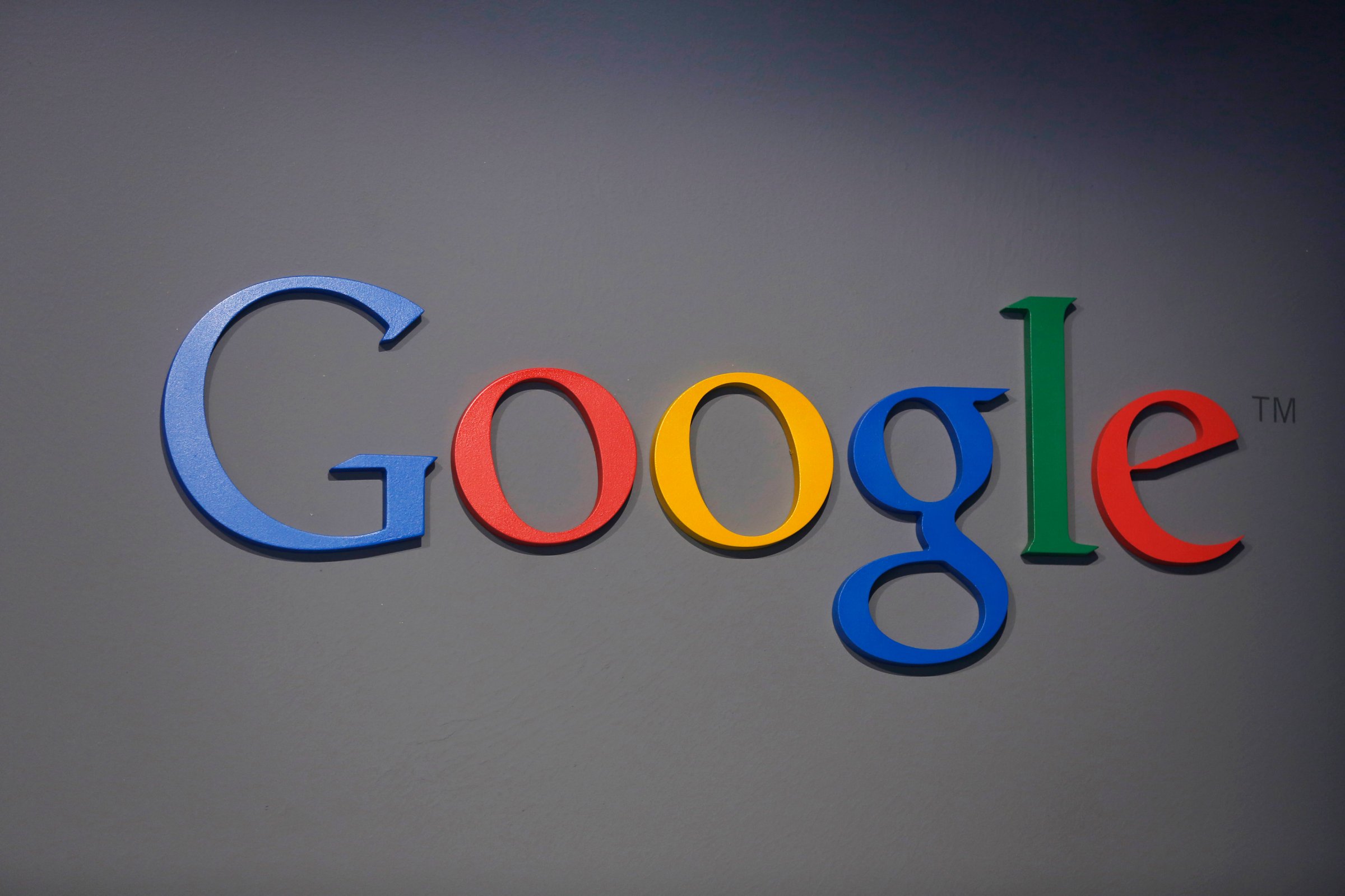
Updated 12:53 p.m.
Remember how advertisements were crammed into Tom Cruise’s every waking moment in Minority Report? That, apparently, is Google’s vision of the future.
In a letter to the Securities and Exchange Commission disclosed Tuesday, the tech giant revealed that it has hopes to place marketing messages in currently ad-free objects like refrigerators and thermostats. “A few years from now, we and other companies could be serving ads and other content on refrigerators, car dashboards, thermostats, glasses, and watches, to name just a few possibilities,” the company wrote.
Google was trying to explain to the SEC why it doesn’t need to disclose to its investors the size of its mobile business. Because the definition of mobile devices is changing so quickly, it would be “misleading and confusing” to investors to break out mobile usage and revenue, the company said. When there are ads on our fridges and attached to the ceilings of our homes, it will be even harder to define “mobile,” according to Google. “Our expectation is that users will be using our services and viewing our ads on an increasingly wide diversity of devices in the future, and thus our advertising systems are becoming increasingly device-agnostic,” the company wrote. Other tech companies such as Facebook, Twitter and Yahoo regularly disclose figures related to mobile growth.
The disclosure, first reported by The Wall Street Journal, illustrates exactly why Google is so gung-ho about the “Internet of Things,” the move toward turning previously “dumb” gadgets like watches into connected devices that can interact with other computers. The company is already placing its Android mobile operating system into cars through a partnership with automakers and pushing it into smartwatches through an optimized OS called Android Wear. Earlier this year, Google also bought Nest, a company that manufactures smart thermostats, for $3.2 billion. At the time, Nest said that it would not broaden its privacy policy, which currently limits use of users’ personal data to “providing and improving Nest’s products and services.”
A Google spokesman clarified the implications of the SEC letter. “We are in contact with the SEC to clarify the language in this 2013 filing, which does not reflect Google’s product roadmap,” the spokesman said. “Nest, which we acquired after this filing was made, does not have an ads-based model and has never had any such plans.”
More Must-Reads from TIME
- Why Trump’s Message Worked on Latino Men
- What Trump’s Win Could Mean for Housing
- The 100 Must-Read Books of 2024
- Sleep Doctors Share the 1 Tip That’s Changed Their Lives
- Column: Let’s Bring Back Romance
- What It’s Like to Have Long COVID As a Kid
- FX’s Say Nothing Is the Must-Watch Political Thriller of 2024
- Merle Bombardieri Is Helping People Make the Baby Decision
Contact us at letters@time.com